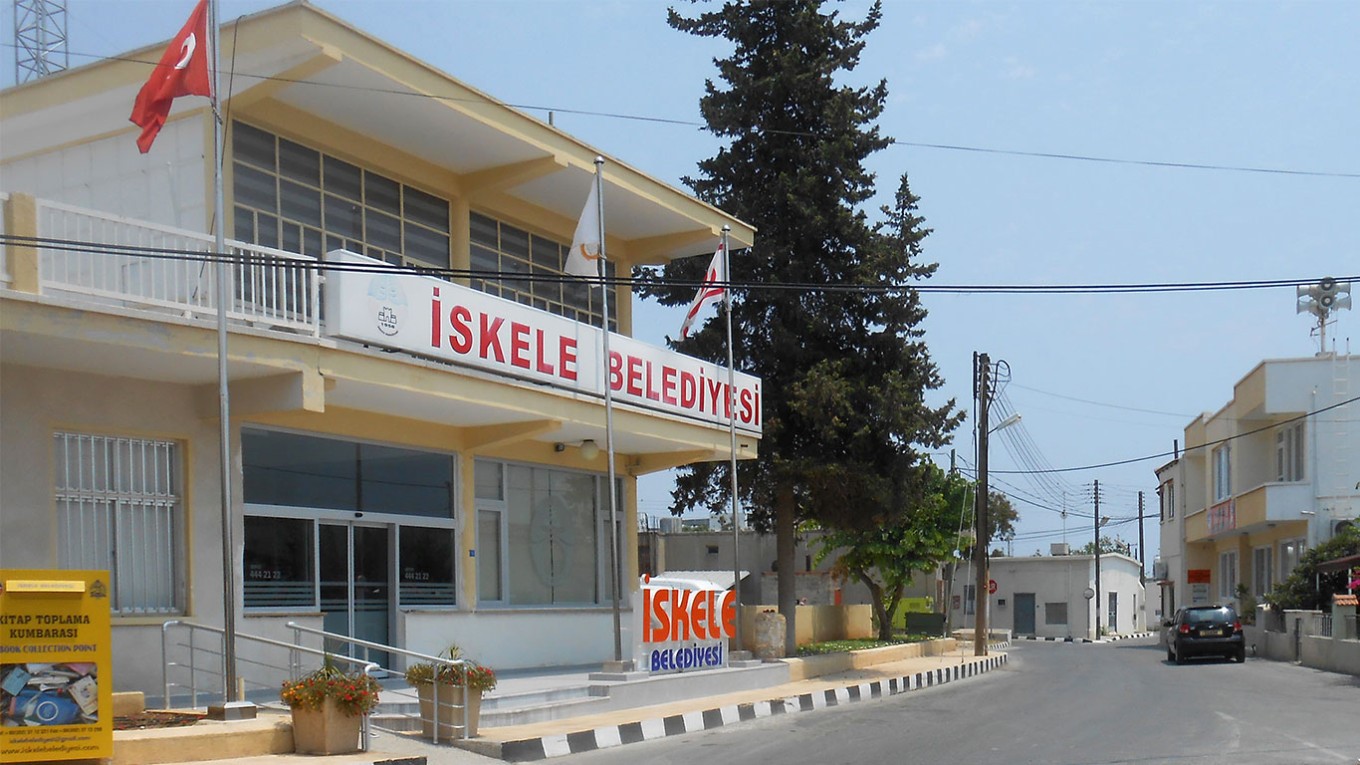Turkish Cyprus, paradise for Russians
After the sanctions, the Russian oligarchs flocking to Limassol had to look for other havens for their money. And many found them just around the corner, beyond the security zone, in the Turkish part of the island. With the town of İskele as a new crossroads.
Cyprus (AsiaNews) - The island of Cyprus has long been one of the favorite tourist destinations for Russians, and also constituted a convenient tax haven until the current era of wars and sanctions, when even Nicosia, representing a member state of The European Union had to block the way to Russian finances, especially the main sanctioned oligarchs.
What was called the "Moscow of the Mediterranean" was precisely the southern Greek part, while the northern territory, occupied by Turkey in 1974, was considered an area of little attraction and usefulness: poorer, without the most fashionable recreational services, and also quite insecure.
Now, however, the town of İskele in the part of the Turkish Republic of Northern Cyprus is called the "new Limassol" by Russians, by analogy with the city in the Greek part most traditionally frequented by Russians.
On the streets of İskele there is a succession of signs and notices in Russian for "renting luxury" (Mercedes cars) and real estate proposals for first-class apartments and villas near the beach of İskele Long Beach, presented by the new real estate company Dreamlife.
Even a casino has opened in Turkish Nicosia. In short, Russia recognizes in Cyprus one of the incarnations of the ideal of Eurasia, being in its own small way a bi-continental country, which allows it to turn towards the East and the West depending on the needs and priorities of the moment.
One of the US and UK sanctions, seven months ago, directly affected financial firms and sector operators in Cyprus, who helped cover up the affairs of Russian oligarchs, such as those of Roman Abramovič, recently discovered due to leaks of classified documents in its operations linked to President Vladimir Putin's "secret wallets".
The Russians had to look for other refuges for their money, and many found them just around the corner, beyond the security zone protected by the UN peacekeepers, in the Turkish part not recognized by anyone as an independent state.
An investigation that lasted almost a year and published by The Guardian, entitled "Secret Cyprus", combed through millions of documents and found at least 25 cases of Russian magnates active in the pseudo-republic of Turkey, all on the list of Western sanctions since the annexation of Crimea in 2014, and another 71 in the most recent one, after the invasion of Ukraine.
The Turkish Cypriot companies not only put themselves at their service, but actively contributed to hiding the assets blocked by the authorities of many Western countries, with the assistance of lawyers and international finance experts from the southern part of the island.
Cypriot economist Martkan Khamit confirms that "anonymous trusts spring up like mushrooms, without anyone raising questions... the obvious aim is not to settle in Cyprus, but to clear the money for use in London, Dubai or Manhattan".
The Russians arrive with suitcases full of money, and send their children to study in local schools, often attending language courses for adults too, because "the linguistic problem in the Turkish area is much more acute", as explained by Shener Eldjil, president of İskele Turkish Cypriot Teachers' Union.
The only country that recognizes the northern republic is Turkey, which in this phase of conflict is on good terms with Russia, keeping mediation paths open and letting business flow, also protecting its Cypriot brothers and the 22 open banks in the area.
According to official data, almost 40 thousand Russians have moved to northern Cyprus, 10% of the entire resident population, and 58,778 have arrived from the southern part, according to the tourism ministry of northern Nicosia.
The international conventions so despised by the Russians do not apply here, and the political institutions themselves are little more than puppets controlled by the Ankara puppeteer. Local laws prohibit foreigners from owning more than three properties on the territory of the republic, but the "grey zone" of Russian business allows them to accumulate buildings of all kinds, "they buy villas by the dozen at a time", explains Khamit, using the classic tool of substantial bribes. British diplomat Irfan Siddiq calls Northern Cyprus “a black hole,” the favorite lair of today's Russians.
07/02/2019 17:28
12/02/2016 15:14
11/08/2017 20:05







.png)










